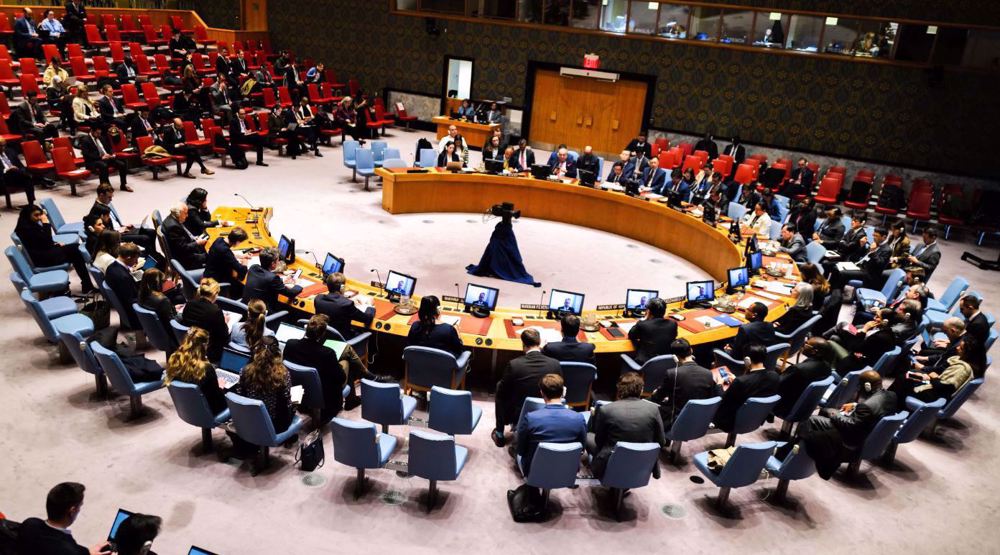UN warns 300 millions at risk of rising water pollution
The United Nations has warned about increasing risks of consuming dirty water in Asia, Africa and Latin America as millions in those areas are exposed to increasing pollution of water in rivers and lakes.
The UN Environment Programme (UNEP) said in a report Tuesday that more than 300 million people in those three continents are at risk of life-threatening diseases such as cholera and typhoid fever, adding that pollution increased in more than half of the rivers in those areas between 1990 and 2010.
The report said up to 164 million people in Africa, 134 million in Asia and 25 million in Latin America were at risk of infection from the diseases associated with polluted waters.
The UNEP said viruses, bacteria and other microorganisms, and long-lasting toxic pollutants such as fertilizer or petrol were the main pollutants of water of rivers and lakes, adding that population growth, expansion of agriculture and an increased amount of raw sewage released into water reservoirs were mainly to blame for the dramatic increase in water pollution in the three continents.
The UN agency added that severe pathogen pollution, largely caused by discharging untreated wastewater into rivers and lakes, affected about a quarter of rivers in Latin America, 10 percent to 25 percent in Africa and up to 50 percent in Asia.
The report said diseases such as cholera, typhoid fever, polio or diarrhea, which are mainly caused by water polluted with pathogens, are responsible for some 3.4 million deaths each year.
It also warned about increasing organic pollution, which can cause water to be completely starved of oxygen, saying it affects one kilometer (0.6 mile) out of seven kilometers (4.4 miles) of rivers in Latin America, Africa and Asia.
“The water quality problem at a global scale and the number of people affected by bad water quality are much more severe than we expected,” said Dietrich Borchardt, the chief author of the report.
Borchardt, who was speaking from Germany, said, however, that water protection measures should not stop as a significant number of rivers around the world remain in good condition.
“It is much more expensive to clean up surface water from severe pollution than to implement proper management which includes prevention of pollution,” he said.
Israeli airstrike kills at least 7 people in Rafah
VIDEO | Iranians hold nationwide demos in support of IRGC
Syria condemns US veto of Palestine UN membership resolution
Iraqi resistance forces hit Israeli Ovda air base
Hackers break into Israeli military’s computers, access trove of documents
Tulkarm Brigade commander killed by Israeli forces in raid on refugee camp
Zionist media desperately trying to turn Israeli defeat into victory: Iran
VIDEO | Press TV's news headlines










 This makes it easy to access the Press TV website
This makes it easy to access the Press TV website